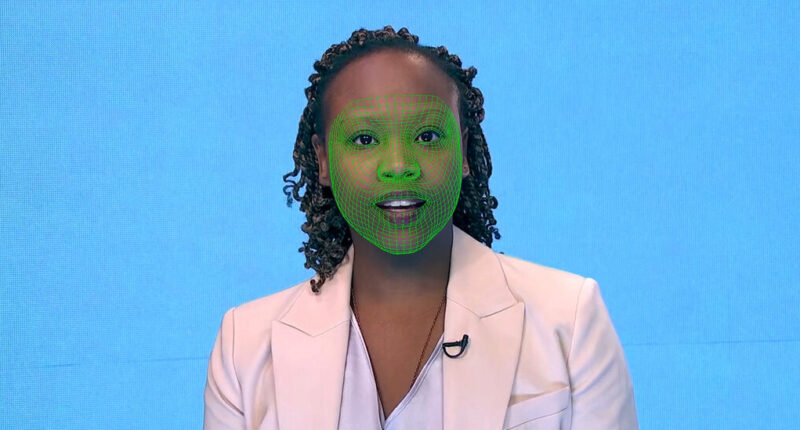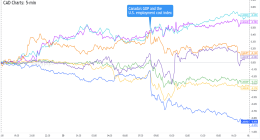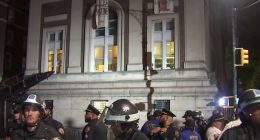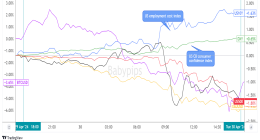
Digital rights groups such as the Electronic Frontier Foundation are pushing legislators to relinquish deepfake policing to tech companies, or to use an existing legal framework that addresses issues such as fraud, copyright infringement, obscenity and defamation.
“That’s the best remedy against harms, rather than the governmental interference, which in its implementation is almost always going to capture material that is not harmful, that chills people from legitimate, productive speech,” said David Greene, a civil liberties lawyer for the Electronic Frontier Foundation.
Several months ago, Google began prohibiting people from using its Colaboratory platform, a data analysis tool, to train A.I. systems to generate deepfakes. In the fall, the company behind Stable Diffusion, an image-generating tool, launched an update that hamstrings users trying to create nude and pornographic content, according to The Verge. Meta, TikTok, YouTube and Reddit ban deepfakes that are intended to be misleading.
But laws or bans may struggle to contain a technology that is designed to continually adapt and improve. Last year, researchers from the RAND Corporation demonstrated how difficult deepfakes can be to identify when they showed a set of videos to more than 3,000 test subjects and asked them to identify the ones that were manipulated (such as a deepfake of the climate activist Greta Thunberg disavowing the existence of climate change).
The group was wrong more than a third of the time. Even a subset of several dozen students studying machine learning at Carnegie Mellon University were wrong more than 20 percent of the time.
Initiatives from companies such as Microsoft and Adobe now try to authenticate media and train moderation technology to recognize the inconsistencies that mark synthetic content. But they are in a constant struggle to outpace deepfake creators who often discover new ways to fix defects, remove watermarks and alter metadata to cover their tracks.
“There is a technological arms race between deepfake creators and deepfake detectors,” said Jared Mondschein, a physical scientist at RAND. “Until we start coming up with ways to better detect deepfakes, it’ll be really hard for any amount of legislation to have any teeth.”
Source: | This article originally belongs to Nytimes.com








